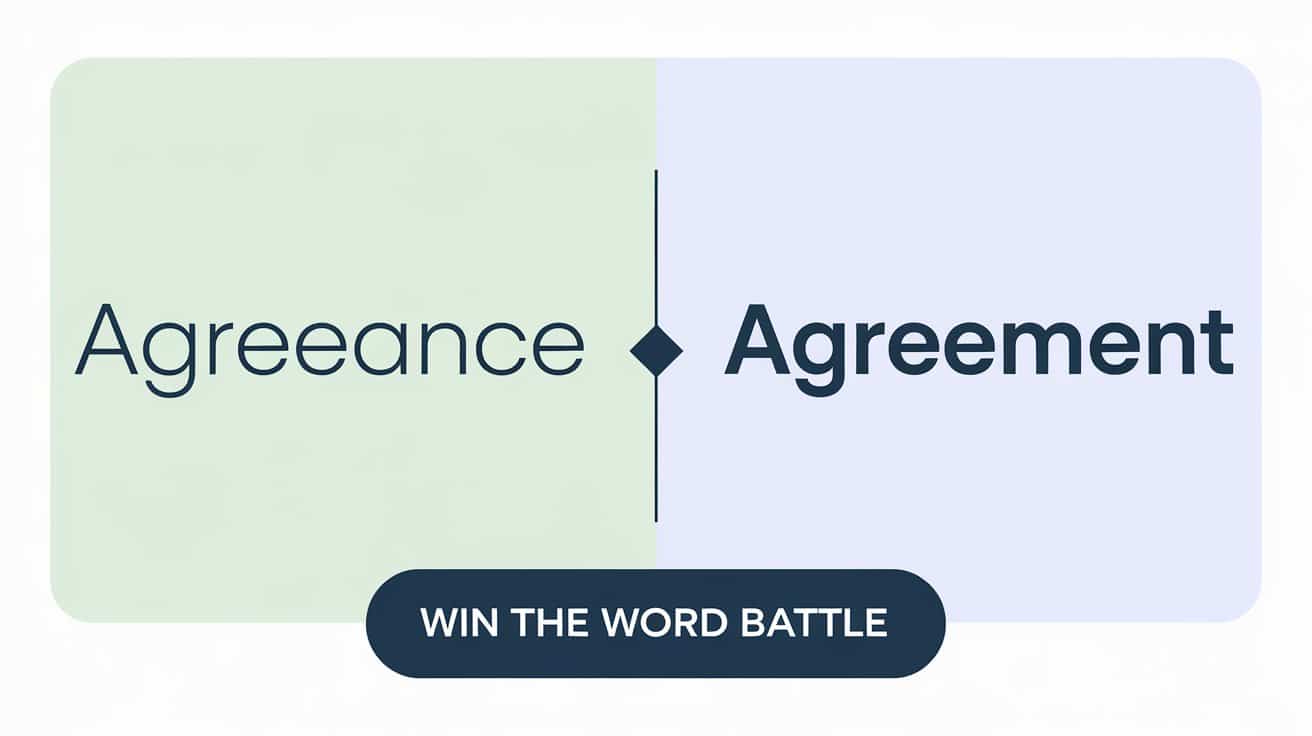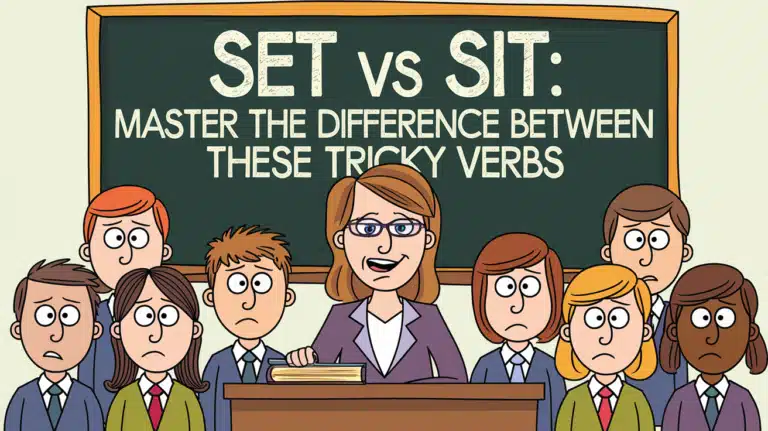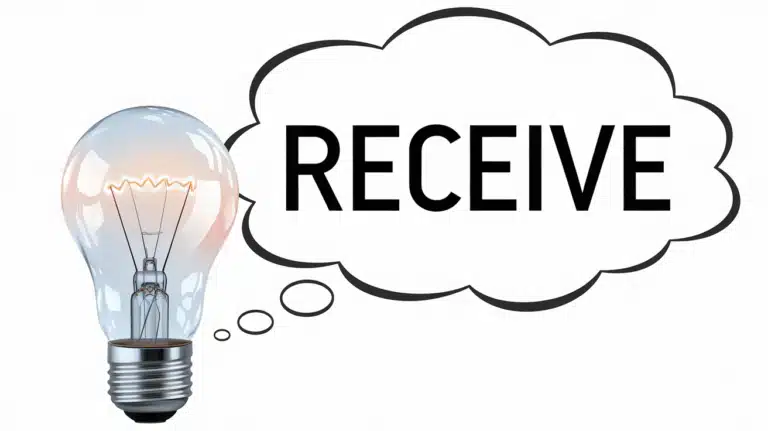Agreeance vs Agreement: Which One Should You Use and Why It Matters
Ever wondered if you should use “agreeance” or “agreement”? You’re not alone! These two words often confuse both writers and speakers. In this article, we’ll break down the differences between “agreeance” and “agreement,” when to use each, and why it matters. Whether you’re a language lover or just want to sharpen your communication skills, knowing the right word can make a big difference in how clearly you express yourself.
The Battle of the Synonyms: An Introduction
The confusion between agreeance and agreement stems from their similar sounds and meanings. Both terms relate to a state of being in accord or reaching a mutual understanding. However, their usage and acceptance in various contexts differ significantly. This linguistic conundrum affects everyday communication, formal writing, and even legal documentation.
Diving into Definitions: What Do These Terms Really Mean?
Agreement:
Agreement is the widely accepted term used in both formal and informal settings. It refers to:
- The act of agreeing
- A harmony of opinion, action, or character
- An arrangement between parties regarding a course of action
Etymology: The word “agreement” originates from the Old French “agrément,” meaning “consent, approval,” which in turn comes from the Latin “ad” (to) + “gratus” (pleasing).
Agreeance:
Agreeance is a less common variant that some consider non-standard. It generally means:
- The state of agreeing
- Concurrence or accordance
While “agreeance” appears in some dictionaries, it’s often labeled as archaic or dialectal.
“Agreeance is to agreement what ignorance is to ignorant.” – Bryan Garner, American English usage expert
You can also read about : Pre vs Post: Mastering the Art of Temporal Prefixes
The Great Debate: “Agreeance” or “Agreement”?
The Case for Agreement
“Agreement” is the clear winner in terms of widespread acceptance and formal recognition. It’s the go-to choice for:
- Legal documents
- Business contracts
- Academic writing
- Professional communication
Examples in literature:
- “The social contract is an agreement between the people and the government.” – John Locke
- “Marriage is an agreement to let a family happen.” – Betty Jane Wylie
The Argument for Agreeance
While less common, “agreeance” finds its place in:
- Regional dialects (particularly in parts of Australia and New Zealand)
- Informal or casual speech
- Some creative writing contexts
Linguistic Showdown: Comparing Usage and Acceptance
To better understand the difference in usage and acceptance, let’s examine a comparative table:
| Aspect | Agreement | Agreeance |
|---|---|---|
| Formal acceptance | Widely accepted | Often considered non-standard |
| Usage in legal documents | Common | Rare to non-existent |
| Presence in major dictionaries | Universal | Limited |
| Use in academic writing | Standard | Discouraged |
| Informal speech | Common | Occasional, regional |
| Historical usage | Consistent over centuries | Fluctuating, less frequent |
The Root of the Confusion: Why Do People Mix Them Up?
The confusion often stems from the “-ance” suffix, which typically denotes a state of being or a quality. Similar word pairs contribute to this confusion:
- Ignore → Ignorance
- Perform → Performance
- Appear → Appearance
This pattern leads some to assume that “agreeance” is the noun form of “agree,” just as “ignorance” is to “ignore.”
The Role of Pronunciation
In casual speech, “agreement” can sound like “agreeance,” especially in rapid conversation or certain regional accents. This auditory similarity often translates into written confusion.
Real-World Examples: “Agreeance” and “Agreement” in Action
Agreement in Various Contexts
- Political discourse: “The two nations reached an agreement on trade tariffs.”
- Contract language: “This agreement shall be binding upon both parties.”
- Everyday conversations: “We’re in agreement about the dinner plans.”
Agreeance: When and Where It Appears
- Informal writing: “Are we in agreeance about the project timeline?”
- Spoken language: “I’m in agreeance with what you’re saying.”
- Regional publications: “The council members expressed their agreeance with the proposal.” (Seen occasionally in some Australian newspapers)
The Verdict: Which One Should You Use?
The Safe Bet: Sticking with Agreement
For clarity and universal acceptance, “agreement” is the recommended choice. It’s appropriate in all contexts and won’t raise eyebrows or distract from your message.
Tips for effective use:
- Use “agreement” in formal writing without hesitation
- Employ it in professional emails and business communication
- Choose “agreement” for academic papers and publications
When Agreeance Might Be Acceptable
While generally not recommended, “agreeance” might be used:
- In very informal, casual writing among friends
- When deliberately aiming for a colloquial or regional tone
- In creative writing to characterize specific dialects or personalities
Beyond the Debate: Improving Your Overall Communication
Clarity is Key
To avoid confusion and enhance your communication:
- Be consistent in your word choice
- Consider your audience and context
- When in doubt, opt for the more widely accepted term
- Use precise language to convey your thoughts accurately
Expanding Your Vocabulary
Instead of fixating on “agreeance vs agreement,” consider these alternatives to express mutual understanding:
- Consensus
- Accord
- Concurrence
- Harmony
- Concordance
The Future of Language: Will Agreeance Gain Ground?
Language Evolution and Acceptance
Languages evolve constantly. Words once considered non-standard can become accepted over time. However, for “agreeance” to gain widespread acceptance, it would need to:
- Appear more frequently in respected publications
- Be used consistently by influential speakers and writers
- Fill a linguistic niche not already occupied by “agreement”
The Impact of Digital Communication
Online usage significantly influences language norms. While “agreeance” appears in social media and informal online writing, it hasn’t gained traction in more formal digital spaces.
Conclusion: Agreement on Usage
In the agreeance vs agreement debate, “agreement” emerges as the clear winner for most contexts. It’s widely accepted, universally understood, and appropriate for both formal and informal use. While “agreeance” has its niche in certain regional dialects and very casual contexts, it’s best avoided in professional, academic, or formal writing.
Remember, effective communication is about clarity and mutual understanding. By choosing your words carefully and considering your audience, you’ll enhance your ability to convey your thoughts precisely and persuasively.
FAQs: Quick Answers to Common Questions
Q: Is “agreeance” a real word?
A: Yes, but it’s considered non-standard and is much less common than “agreement.”
Q: Can I use “agreeance” in formal writing?
A: It’s not recommended. Stick to “agreement” for formal contexts.
Q: Are there any situations where “agreeance” is preferred?
A: Very rarely. It might be used in extremely casual settings or to represent specific regional dialects.
Q: How do I remember which one to use?
A: When in doubt, use “agreement.” It’s appropriate in all contexts and widely accepted.
By understanding the subtle differences between these terms and their proper usage, you’ll navigate this linguistic challenge with confidence. Whether in formal documents or casual conversation, choosing the right word enhances your communication and ensures your message is received as intended.







